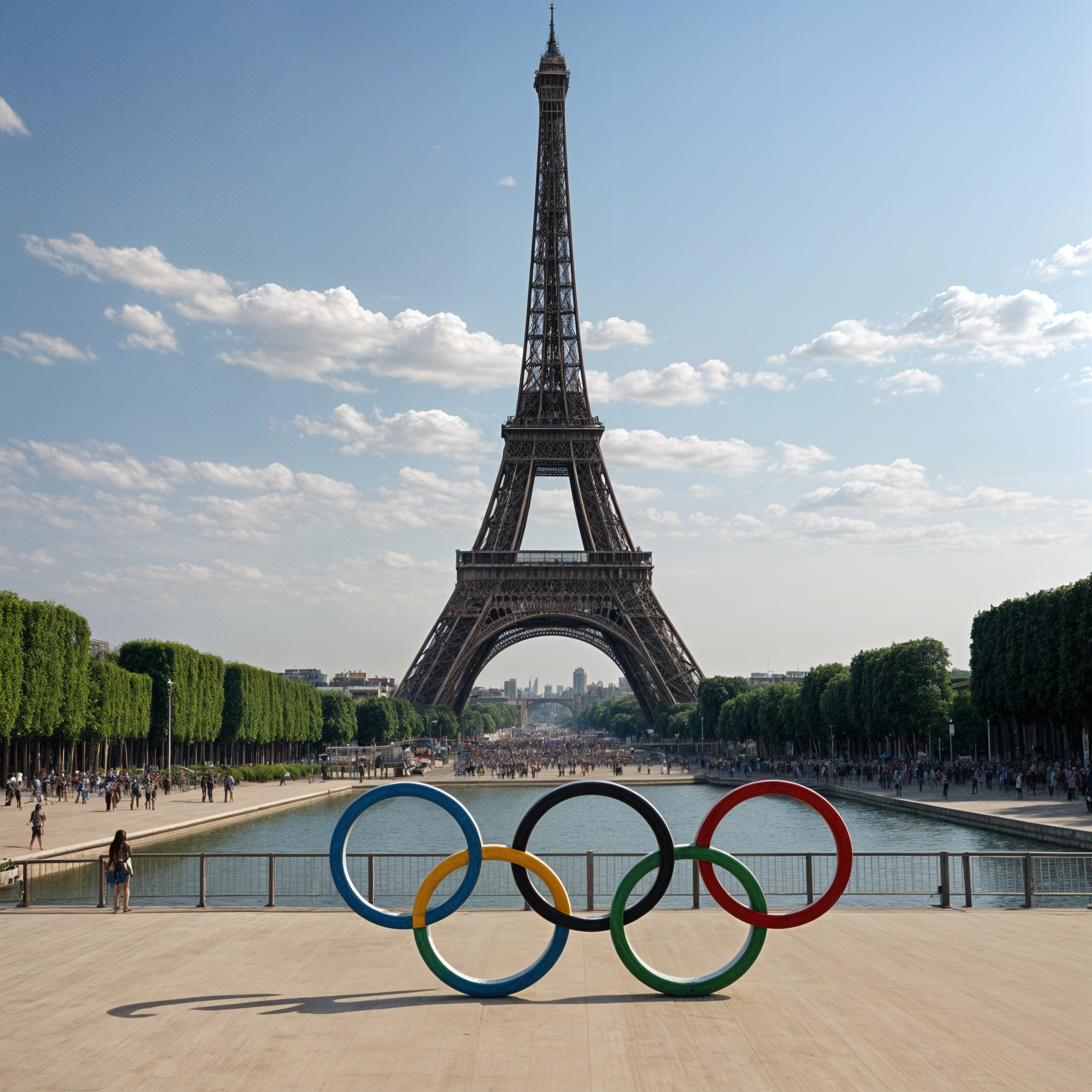The Summer Olympic Games stand as one of the most significant and celebrated events in the world of sports. Bringing together athletes from around the globe, this prestigious event showcases human potential, sportsmanship, and the spirit of competition. In this blog, we’ll delve into the history, significance, and key aspects of the Summer Olympic Games, exploring why they captivate the hearts of millions.
The History of the Summer Olympic Games
These early games were held in Olympia and were part of a religious festival dedicated to Zeus. The ancient Olympics featured various athletic competitions, including running, wrestling, and chariot racing, and were held every four years.
Key Points:
Origin: Ancient Greece, 776 BC
Location: Olympia
Events: Running, wrestling, chariot racing
Frequency: Every four years
The modern era of the Olympic Games began in 1896, thanks to the efforts of French educator Pierre de Coubertin, who sought to revive the ancient tradition. The first modern Summer Olympics were held in Athens, Greece, and featured 13 countries competing in 43 events.
Key Points:
Modern Revival: 1896 by Pierre de Coubertin
First Modern Games: Athens, Greece
Participation: 13 countries, 43 events
Significance of the Summer Olympic Games
The Summer Olympic Games hold immense significance for several reasons:
Global Unity:
The Olympics bring together athletes from all over the world, fostering a sense of global unity and peace through sports.
Showcase of Talent:
The Games provide a platform for the world’s best athletes to showcase their skills, setting new records and achieving personal milestones.
Cultural Exchange:
The event promotes cultural exchange and understanding, with countries sharing their traditions, customs, and values.
Inspiration:
The stories of athletes overcoming adversity and achieving greatness inspire millions, encouraging people to pursue their dreams and stay committed to their goals.
Key Points:
Global Unity: Fosters peace and togetherness
Talent Showcase: Platform for elite athletes
Cultural Exchange: Promotes understanding and sharing
Inspiration: Motivates and encourages people worldwide
Key Features of the Summer Olympic Games
The Summer Olympic Games are characterized by several key features that make them unique and exciting:
Diverse Range of Sports
The Summer Olympics feature a wide variety of sports, including traditional events like athletics, swimming, and gymnastics, as well as newer additions such as skateboarding and surfing. This diversity ensures that there is something for everyone to enjoy.
Key Points:
Traditional Sports: Athletics, swimming, gymnastics
Newer Additions: Skateboarding, surfing
Diversity: Wide range of sports for all interests
Olympic Symbols and Traditions
Several symbols and traditions are integral to the Olympic Games, adding to their charm and significance:
Olympic Torch: Symbolizes the connection between the ancient and modern Games, with the flame being lit in Olympia and carried to the host city.
Opening and Closing Ceremonies: Spectacular events that celebrate the host country’s culture and heritage, featuring parades, performances, and the lighting of the Olympic cauldron.
Key Points:
Olympic Rings: Symbolize global unity
Olympic Torch: Connects ancient and modern Games
Ceremonies: Celebrate host country’s culture and heritage
Host Cities
Each edition of the Summer Olympics is hosted by a different city, chosen through a competitive bidding process. Hosting the Olympics is a significant honor and responsibility, bringing economic benefits and global attention to the host city.
Key Points:
Host City Selection: Competitive bidding process
Economic Benefits: Boosts local economy
Global Attention: Increases international visibility
Memorable Moments in Summer Olympic History
Over the years, the Summer Olympics have been the stage for numerous unforgettable moments:
Jesse Owens (1936): Owens won four gold medals in Berlin, challenging Nazi propaganda and becoming a symbol of racial equality.
Nadia Comăneci (1976): The Romanian gymnast scored the first perfect 10 in Olympic history, revolutionizing the sport.
Usain Bolt (2008 and 2012): Bolt’s incredible speed and charismatic personality made him a global icon, with record-breaking performances in the 100m and 200m sprints.
Simone Biles (2016): The American gymnast dominated the Rio Games, winning four gold medals and setting new standards in gymnastics.
Key Points:
Jesse Owens: Four gold medals in 1936
Nadia Comăneci: First perfect 10 in 1976
Usain Bolt: Record-breaking sprints in 2008 and 2012
Simone Biles: Dominant performance in 2016
The Future of the Summer Olympic Games
The future of the Summer Olympic Games looks promising, with upcoming editions set to bring innovation and excitement. The next few host cities are:
Paris 2024: Known for its rich history and culture, Paris aims to deliver a sustainable and inclusive Games.
Los Angeles 2028: With a focus on youth and innovation, Los Angeles plans to use existing facilities and incorporate new technologies.
Brisbane 2032: Australia’s third time hosting the Olympics, Brisbane is set to showcase its natural beauty and vibrant culture.
Key Points:
Paris 2024: Sustainable and inclusive
Los Angeles 2028: Focus on youth and innovation
Brisbane 2032: Showcasing natural beauty and culture
Conclusion
The Summer Olympic Games are much more than a sporting event; they are a celebration of human achievement, unity, and the indomitable spirit of competition. From their ancient origins to their modern-day grandeur, the Olympics continue to inspire and captivate audiences around the world. By exploring the history, significance, key features, memorable moments, and future prospects of the Summer Olympic Games, this blog provides a comprehensive and SEO-friendly overview, ensuring readers are well-informed about this iconic global event.












